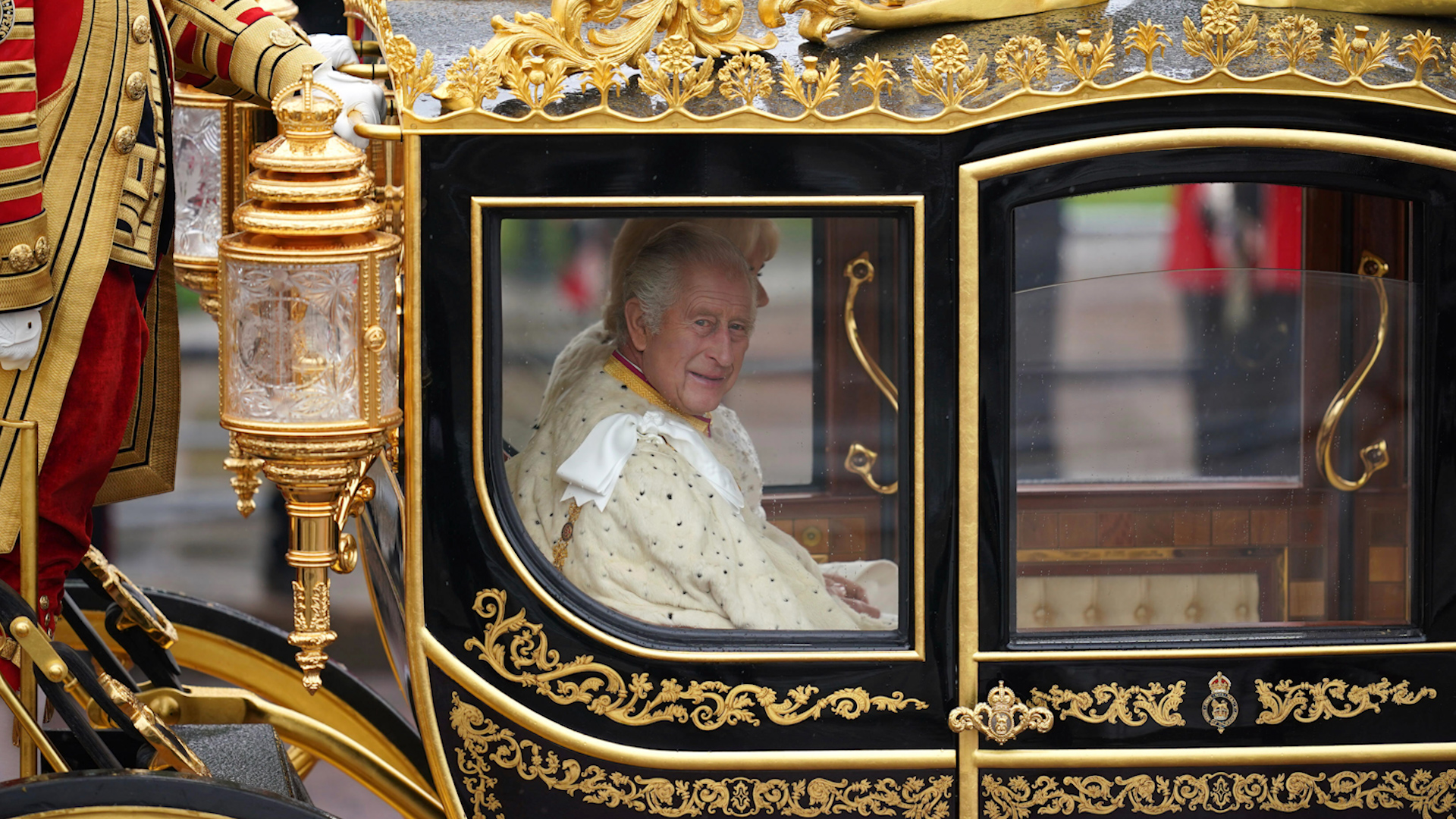King Charles III has long been known Travel for his deep- confirmed passion for environmentalism. Indeed before his ascent to the throne, he supported for sustainability in colorful aspects of life. One area where his influence is particularly notable is in the realm of trip. As global tourism contributes to significant carbon emigrations, King Charles has supported enterprise that promote greener, more sustainable ways to travel. Let’s take a near look at how the British monarch is leading by illustration.
King Charles and Environmental Advocacy
For decades, King Charles has been a voice for environmental issues. His focus oneco-friendly practices extends beyond particular habits and touches on how individualities, businesses, and governments can produce meaningful change. As someone who constantly travels due to his royal duties, it’s no surprise that his sustainable trip enterprise are gaining attention worldwide.
Early onsets of His Environmental trip
Indeed before environmental sustainability came mainstream, King Charles was championing for a greener earth. His sweats date back to the 1970s when he began agitating the significance of nature conservation, organic husbandry, and reducing pollution.
The Link Between Travel and Carbon Footprint
Travel, especially by air and road, is a significant contributor to hothouse gas emigrations. Feting this, King Charles has worked to reduce the carbon footmark associated with his royal engagements. But it does not stop at his particular trip habits; he aims to inspire broader change in how we approach tourism.
The Carbon Emigrations Challenge
Every trip we take leaves an environmental impact. According to studies, air trip alone accounts for over 2 of global CO2 emigrations. Given the scale of royal engagements worldwide, addressing the environmental goods of trip has come a critical issue for King Charles.
King Charles’ Sustainable trip Choices
King Charles leads by illustration when it comes to sustainable trip. He laboriously makes opinions that prioritize the earth, showing how small changes can produce ripple goods for larger environmental benefits.
The Use of Biofuels in Air Travel
One of the most innovative way King Charles has taken is the use of biofuels for royal air trip. Unlike traditional spurt energy, biofuels are made from renewable sources, which reduce carbon emigrations and the reliance on fossil energies. The Royal Air Force and private chartered aeroplanes used for his sanctioned passages are gradationally integrating these sustainable druthers .
Electric and Hybrid Vehicles for Road Travel
For road peregrinations, King Charles has made a clear shift toward electric and cold-blooded vehicles. His particular line includes electric buses and energy-effective mongrels, which are less dangerous to the terrain compared to conventional gasoline- powered vehicles.
Sustainable Driving Practices
In addition to usingeco-friendly vehicles, King Charles encourages sustainable driving practices like reducing footling times, maintaining optimal tire pressure, and promoting carpooling for larger royal corteges , reducing the number of vehicles on the road.
Advocating for Sustainable Tourism
Beyond his particular Travel choices, King Charles is a loyal advocate for sustainable tourism. He works to insure that the tourism assiduity, a significant part of the global frugality, also takes way to cover the terrain.
Promoting Eco-Friendly Destinations
King Charles supports destinations that emphasize sustainability. These are places that concentrate on renewable energy, original organic food, conservation sweats, and waste reduction. His visits to these regions help shine a light on how tourism can be a force for environmental good.
Collaborating with Global Leaders
Sustainable trip is n’t commodity that can be achieved in insulation. Feting this, King Charles has fostered hookups with global leaders and associations that partake his commitment to environmentally responsible tourism. Through these collaborations, he works on creating transnational programs that prioritize sustainability in the tourism sector.
The Sustainable requests Initiative
A crucial aspect of his global collaborations is the Sustainable requests Initiative, launched in 2020. This action seeks to encourage businesses to embrace further sustainable practices, including within the trip assiduity. By aligning profitable growth with environmental responsibility, King Charles hopes to set a new standard for how diligence, including tourism, can thrive without damaging the earth.
Raising mindfulness Through Royal Engagements
King Charles uses his platform to raise mindfulness about sustainable trip. Every public engagement and speech gives him the occasion to punctuate the significance of makingeco-friendly trip choices.
The part of Public Speeches
In his multitudinous speeches, King Charles frequently touches on the significance of environmental stewardship. He speaks directly to the public, prompting individualities to take action in their everyday lives and make conscious opinions, indeed when it comes to travel.
The Power of Media
The media content that surrounds the royal family amplifies King Charles’ communication about sustainability. His commitment to green practices andeco-conscious trip is frequently stressed, encouraging others to follow in his steps.
A Vision for the Future of Travel
King Charles’ vision extends beyond current enterprise. He envisions a future where sustainable trip is the norm, not the exception. This includes advancements in Travel technology, lesser reliance on renewable energy, and a collaborative shift in mindset toward greener trip choices.
Innovation in Travel Technology
As technology evolves, so does the eventuality for further sustainable trip. King Charles supports inventions like electric aeronautics, high- speed rail powered by renewable energy, and advancements in indispensable energies that could significantly reduce trip’s environmental impact.
Shaping the Future of Sustainable Tourism
Through his advocacy, King Charles is playing a vital part in shaping the future of sustainable tourism. His sweats encourage both assiduity leaders and the general public to embrace practices that cover the terrain while allowing people to continue exploring the world.
Conclusion
King Charles’ sustainable trip enterprise are part of a larger commitment to environmental responsibility. His leadership in this area, from championing for biofuels and electric vehicles to promoting sustainable tourism, is setting an illustration for others to follow. By combining particular conduct with global advocacy, King Charles is showing that we can each make a difference when it comes to reducing the environmental impact of trip. His sweats are a call to action for governments, businesses, and individualities to work together toward a greener, more sustainable future.

